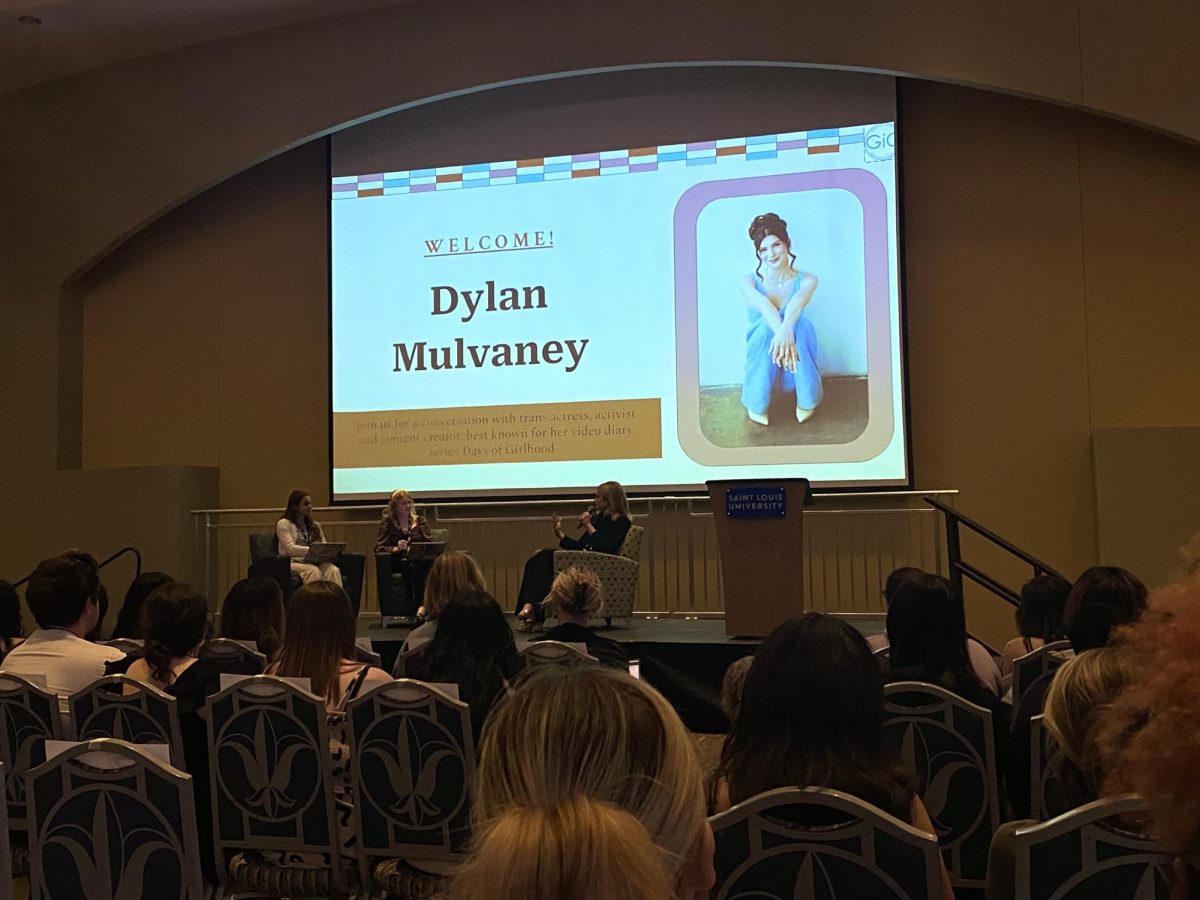No name may not mean anonymity.
At the end of every semester, students throughout the campus in every department and every course complete faculty-course evaluations under the auspices of anonymity.
With no space for one’s name and the absence of the professor during completion, many students may be led into a sense of security and anonymity.
However, after some investigation, it has been discovered that this sense of security and anonymity is questionable.
“The impression is that you’re going to be anonymous, as you’re not going to identify yourself,” explained Associate Provost Ellen Harshman.
Unfortunately, that impression isn’t always correct, due to other distinguishing features, particularly the comments section included on most evaluations.
“It is quite possible that faculty may pick out students,” said Political Science Department Chair Timothy Lomperis, in reference to the ability of some professors to recognize handwriting and tone. “They are by no means 100 percent anonymous.”
One incident of such identification is alleged to have occurred in the business school. A teacher sent an e-mail to several students, including the comments that some of those recipients had written on evaluations. The teacher denies that such a correlation existed between handwriting or tone, but the students involved think differently.
“I don’t think a professor should be able to contact students about evaluations,” said one of the involved students, who wished to remain anonymous. The student was unaware that her anonymity would be compromised by the professor seeing a photocopy of the evaluation.
In regards to this situation, Business & Administration Dean Neil Seitz replied, “We will change the instruction sheet for our course evaluations to make it clear that copies of the original evaluations are reviewed by the faculty member, and then only after grades are submitted.”
Seitz suggested that students who are especially concerned about anonymity should “change their handwriting, print, or send separate, typed letters.”
The utilization of original copies of evaluations or photocopied versions is widespread throughout the university.
The Modern and Classical Languages Department operates under the system of originals being distributed. This system was just recently adopted a year ago, due to the overload on the secretary caused by so many comments to type up.
“To my knowledge, I don’t know if the kids know,” said the department’s secretary Kip Loui. “It’s never come up before.”
While the Political Science Department also administers evaluations without typing the comments, Lomperis thinks a level of professionalism and ethics keep faculty from acting on the negative comments.
“I know of no instance where a faculty member has accosted a student about an evaluation,” Lomperis said. “However, I think the student evaluations have become very important tools for fine tuning their courses.”
Many students infer that typing occurs in all departments.
Senior psychology major Sarah Bartlett said confidently, “I know that most of the departments type them up.” Upon learning that many do not, she said, “Of course it makes me uncomfortable.”
Several departments still type up the comments portion. Dr. John Slosar, Faculty Senate President, explained that his school, the School of Social Service, types up all qualitative evaluations. “I think it is appropriate if you want students to be frank and objective.”
Freshman Monaca Rogers thinks that she can put negative, constructive criticisms on evaluations when teachers make her feel comfortable about giving criticism. “It depends on how professional the teachers are.”
“They want to know. A lot of my teachers said to `be critical,'” added student Nick Bergen.
However, one student at Parks who wished to remain anonymous explained that after giving an unkind evaluation, the professor has acted differently toward him. “Whenever I’d see him, he’d look at me funny.”
“The point of evaluations is that instructors may get constructive feedback on what is good and what is bad, as well as provide a portion of the annual evaluation of faculty,” explained Dr. Stephen J. Dina, Associate Dean of Arts & Sciences.
“Maybe they should all be typed, but what kind of effort would that take? We’re talking about a large number of evaluations,” Dina said.






